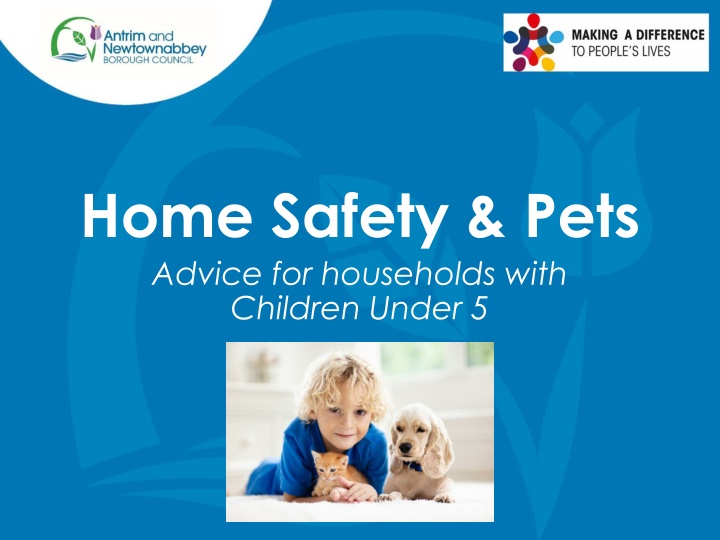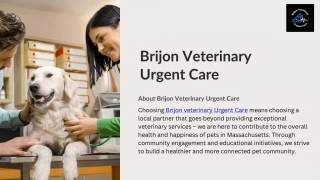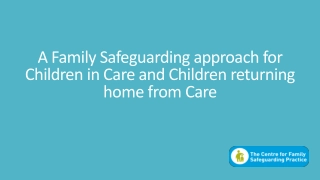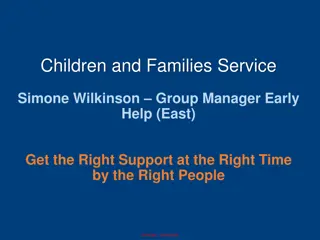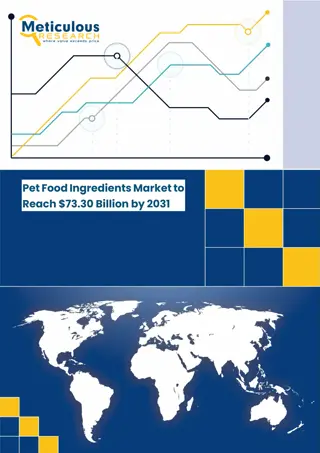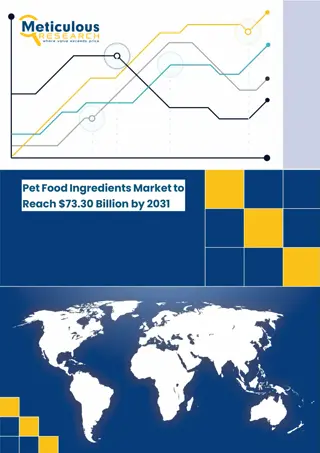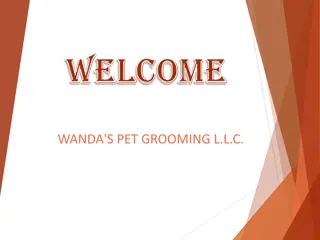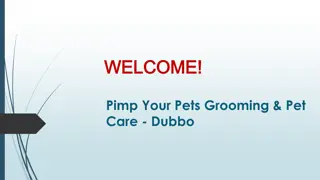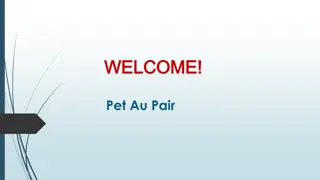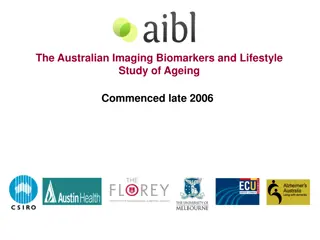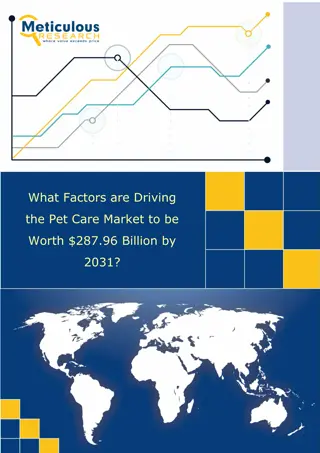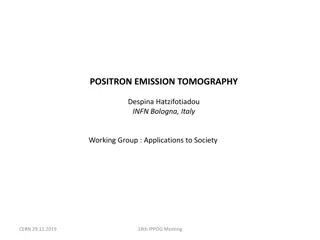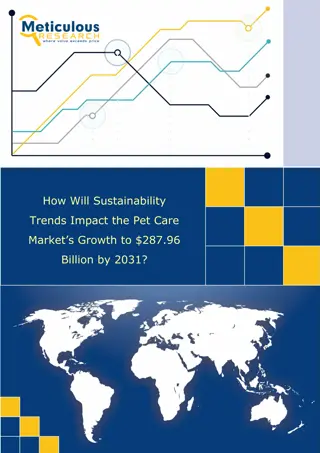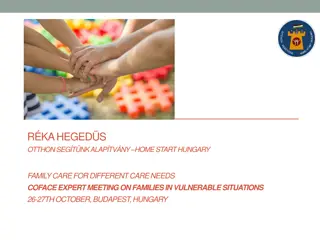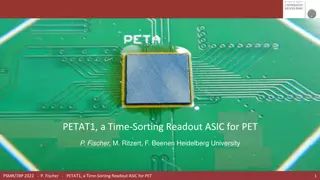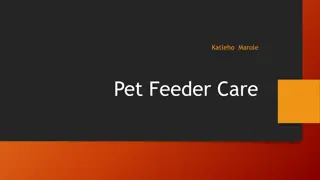Essential Home Safety and Pet Advice for Families with Children Under 5
Children and pets can form wonderful bonds, but it's crucial to ensure their safety in your home. Tips include choosing the right pet, supervising children around pets, teaching proper behavior, and managing the transition when a child arrives in a home with a dog already present. Keep hands away from pet's sensitive areas, understand the pet's needs and temperament, and make gradual changes to routines when introducing a new baby to ensure a smooth adjustment for your furry family member.
Download Presentation

Please find below an Image/Link to download the presentation.
The content on the website is provided AS IS for your information and personal use only. It may not be sold, licensed, or shared on other websites without obtaining consent from the author.If you encounter any issues during the download, it is possible that the publisher has removed the file from their server.
You are allowed to download the files provided on this website for personal or commercial use, subject to the condition that they are used lawfully. All files are the property of their respective owners.
The content on the website is provided AS IS for your information and personal use only. It may not be sold, licensed, or shared on other websites without obtaining consent from the author.
E N D
Presentation Transcript
Home Safety & Pets Advice for households with Children Under 5
Children and pets can be great companions. Here are some tips for keeping children and pets safe in the home.
Choosing a Pet Pet ownership comes with responsibilities. When deciding what pet to buy consider: Space available & equipment required Commitment providing care and suitable food (and potential vets bills) For some pets, especially dogs, other factors will need to be considered such as: Temperament Regular exercising needs Training For more information about choosing a dog visit: dogstrust.org.uk/help-advice/getting-or-buying-a-dog
Getting a dog when there are children already in the home. Always remember Don't leave young children unsupervised with a pet. Dogs are often considered a member of the family but a mistake we can make is to forget that they, like humans can get stressed, frightened or angry which could lead to them to act aggressively if provoked.
Teach children how to behave around dogs (and other pets too). Teach children to: Be calm Dogs can be frightened by loud noises such as shouting or playing noisily or running around them. Give a dogs space Dogs don t like hugs and kisses if their space is invaded they may be come frightened or stressed.
Keep hands away from dogs eyes, mouth and ears. Pulling or poking can hurt the dog. Be kind. Teasing a dog can make it angry enough to bite. If a dog has a toy or food don t take if off them. Leave a dog alone when they are sleeping, eating of playing with it s toy. Dogs can feel vulnerable in these circumstances so should be left alone and given their own space.
Advice when a dog is already in the home before a child arrives. Things will change for your dog when the baby arrives they may have to get used to not getting as much attention as they used to. If their routine will be affected make gradual changes before the baby arrives to help make the transition easier.
Be clear with the dog when you are interacting with them and when you are not, only interact when you call them or give them a clear signal that you can give them attention. Each day separate them away from you in the home for short periods so that they get used to being happy on their own while you are doing other things. Gradually introduce new equipment in to the home like cots, prams/buggies, high chairs etc. so they can get used to them.
Teach the difference between dogs toys and those for a new arrival. Teach them to stay out of certain rooms (e.g. bedrooms). If making new rules (e.g. keeping off the sofa) do this as soon as possible. Give them alternatives and praise/reward them for using it. Don t tell them off as this can be confusing especially if they used to be allowed to cuddle on the sofa. For more advice visit: www.dogstrust.org.uk/help-advice/behaviour
Its not just small children who need be kept away from potential hazards in the home Keep small items out of reach of pets for example, Coin cell batteries, if ingested accidentally, can produce caustic soda that can cause internal damage. Store household chemicals out of reach. Keep pets away from garden chemicals (e.g. pest control poisons, herbicides and pesticides) if they have been applied around the property. Check if there are any plants in your garden that could be harmful to your pets.
Hygiene Domestic animals can pass some diseases and infections to people, although this rarely occurs. Diseases which can pass from animal to people include: Ringworm - a fungal infection of the skin that can be passed on from dogs, cats and hamsters. Toxocariasis - an infection caused by worms found in dog and cat faeces - particularly hazardous to small children as it can result in blindness. Toxoplasmosis - caused by a parasite found in cat faeces.
Keep pets away from areas in the garden that young children play in - fence around areas to keep your children safe. Cover sandpits to keep cats and dogs out. Always clear up pet faeces immediately. Sanitise floors where children play at home with antibacterial cleaners. This helps kill Toxocara eggs that may have been transported into your home on your shoes or on your pet's paws. Make sure that children always wash their hands, especially after playing outside and before eating.
Dog owner responsibilities The Dogs (NI) Order 1983 requires all dog owners to possess a valid dog licence which must be renewed on an annual basis with your local Council. Dogs must be microchipped before a dog licence can be obtained. This will also help Council Officers and local Vets return lost dogs to their owners. It is an offence for any person to keep a dog without having a valid dog licence and a fixed penalty notice for 80 may be issued.
For information about dog licencing or dog control contact: 028 9034 0160 envhealth@antrimandnewtownabbey.gov.uk Or for more information visit our website: antrimandnewtownabbey.gov.uk/dogs
For more information about Home Safety please contact: 028 9034 0160 envhealth@antrimandnewtownabbey.gov.uk Or visit the Home Safety section on our website: antrimandnewtownabbey.gov.uk
